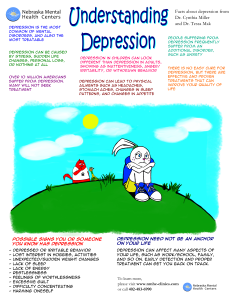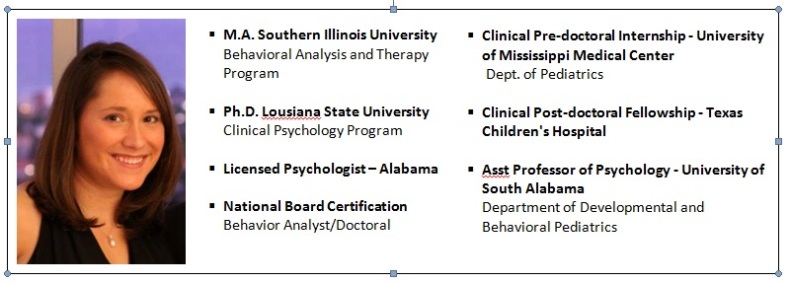By Melissa Lafferty, M.S., PLMHP
As we begin October, which is Mental Health Awareness Month, I am constantly reminded in our society that mental health needs and “having sad feelings” makes people uncomfortable and scared.
But as a mental health provider, I am left asking why?
- Why does having a mental health diagnosis scare and frighten others?
- Why do those who struggle and survive every day feel left alone and abandoned when they share their mental health challenges with others?
- Why do we lie to ourselves and others about being “fine” just to save face in the public?
Through our work and research at Nebraska Mental Health Centers, we strive to answer these whys and to give hope, relief, and empower adults, families, and children with mental health diagnoses. Mental health disorders are so complicated. They are impacted by our biological, cultural, and societal standards that are constantly telling us all “how” we should live our lives to be happy, productive people. But life is not a one-size-fits-all dish that serves us all. We all have different meanings for what it means to be happy and healthy.
But for those individuals who strive every day to understand their feelings of unhappiness or unrest, to understand their repetitive behaviors, to understand their constant worries, or to understand why their child can’t learn like other children can learn, we as a society need to support their goals to find answers, not shame and accuse them of being “crazy” because they are searching for the answers to find happiness for themselves and their families. Every day should be a message to individuals with mental health needs that we are here to love, support, and encourage them to have a voice to help them find happiness and health in their lives.
Be a voice, be a supporter, be a hopeful message for everyone that surrounds you to find the happiness in their lives!


